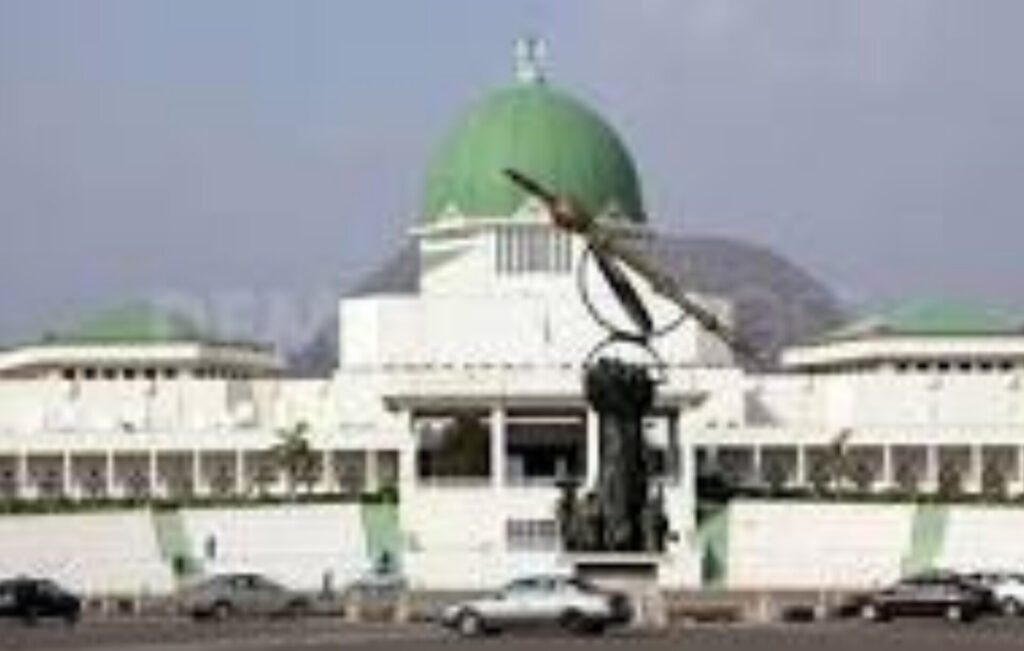In a bold critique of the federal government’s border closure policy, the National Assembly’s Joint Committee on Industry, Trade, and Investment has described the initiative as a flawed experiment that has exacerbated the very problems it sought to address.
Lawmakers called for an urgent reassessment of the policy during the Ministry of Industry, Trade, and Investment’s 2025 budget defense session on Friday.
Senator Francis Adenigba Fadaunsi (PDP, Osun East), Chairman of the Senate Committee on Industry, did not mince words when he labeled the border closure as ‘technically closed but practically open.’
He argued that instead of curbing smuggling and insecurity, the policy has created loopholes for illicit activities.
“Smugglers and criminals have become more innovative, taking advantage of porous and unmonitored routes.
Meanwhile, legitimate businesses and local farmers suffer under the illusion of protection,” Fadaunsi said.
The Senator highlighted the glaring gap in rice production, revealing that Nigeria produces only 3 million tonnes annually while the national demand is 7 million tonnes. The deficit is being filled by illegal imports, he added, proving the policy’s ineffectiveness.
The border closure has also aggravated tensions with neighboring countries. The withdrawal of Niger and Chad from the ECOWAS trade agreement has not only worsened smuggling but also heightened insecurity in border regions.
Hon. Fatima Talba (Nangero/Potiskum Federal Constituency, Yobe State) pointed to the irony of the situation. “While the government claims to have closed the borders, the reality is that goods and criminals continue to flow freely. This façade is costing Nigeria its security and economic stability,” she said.
Hon. Paul Kalejaiye (Ajeromi/Ifelodun Federal Constituency, Lagos State) questioned whether the policy is being uniformly implemented. “We need to ask ourselves: are all borders truly closed, or is this policy selectively enforced based on regional or political interests?”
His remarks hint at deeper governance and transparency issues, calling into question the sincerity and competence of the federal authorities managing the initiative.
As lawmakers debated the border policy, the Ministry of Industry, Trade, and Investment’s 2025 budget presentation revealed unsettling discrepancies. Dr. Jumoke Oduwole, the Minister, disclosed a ₦3.8 billion capital expenditure for the year, alongside personnel costs of ₦4.65 billion and overheads of ₦1.45 billion. Projected revenue stood at ₦2.4 billion.
However, the session uncovered a ₦59 billion payment anomaly in the Ministry’s 2024 budget.
The committee directed the Ministry to resolve these irregularities, with Senator Suleiman Sadiq Umar (APC, Kwara North), the committee chairman, emphasizing that accountability is key to policy success.
As Nigeria faces mounting economic and security challenges, lawmakers stressed that the border closure policy requires an urgent overhaul.
They called on Dr. Oduwole to work with the Presidency to design a more inclusive and strategic framework that prioritizes national interests.
The debate underscored a growing consensus: Nigeria can no longer afford to cling to policies that fail to deliver results.
Instead, it must embrace transparency, innovation, and collaboration to address the root causes of its challenges. Only then can the nation achieve sustainable security and economic growth.

